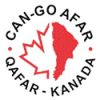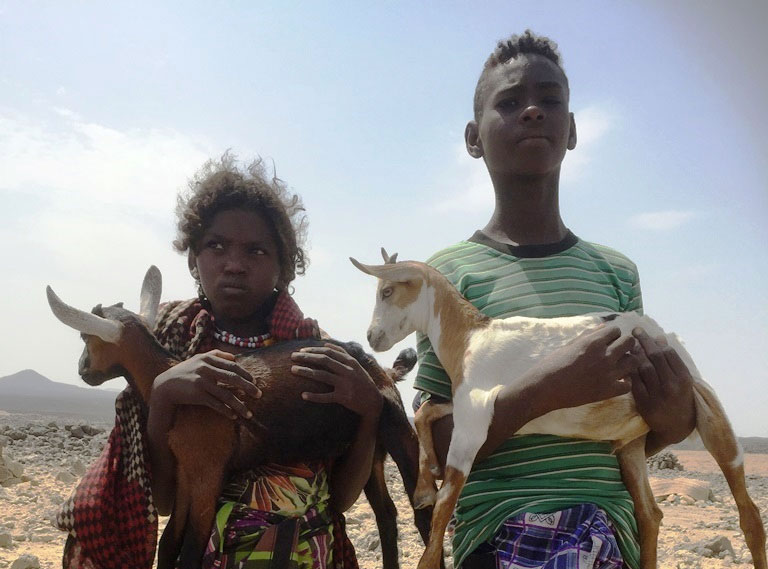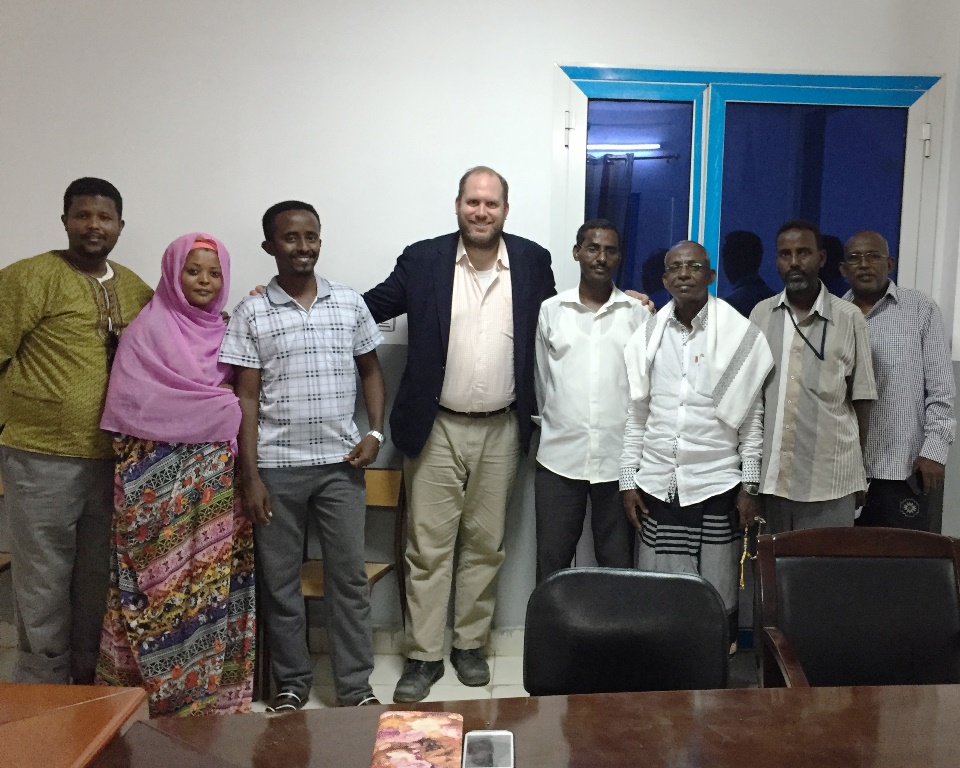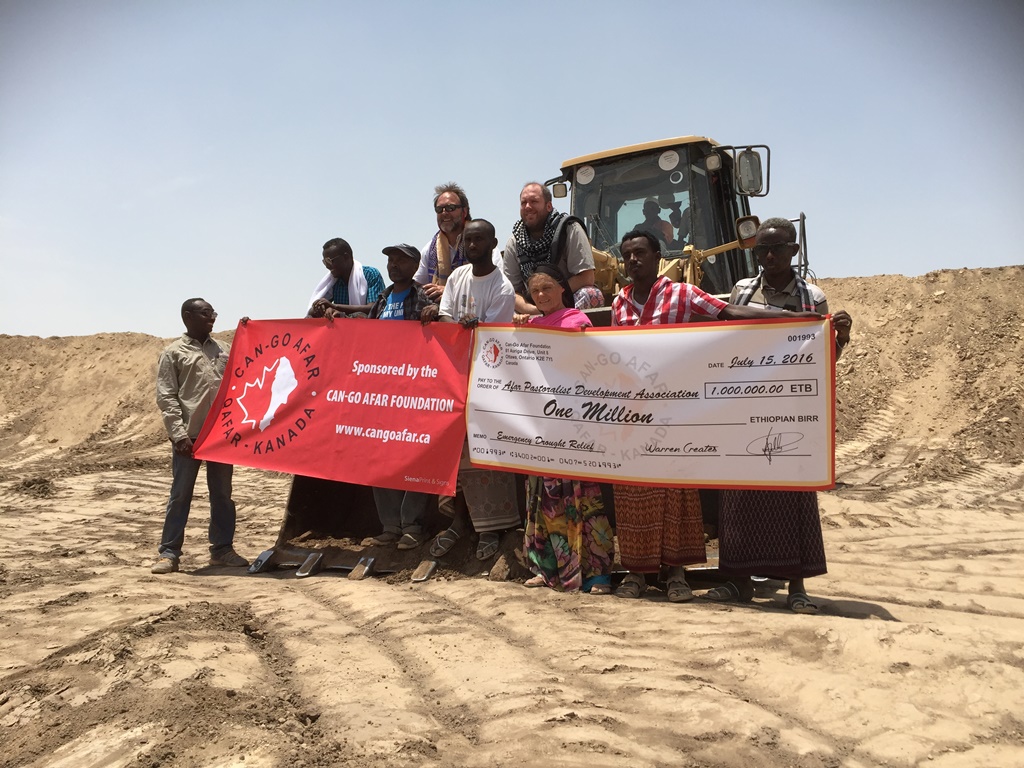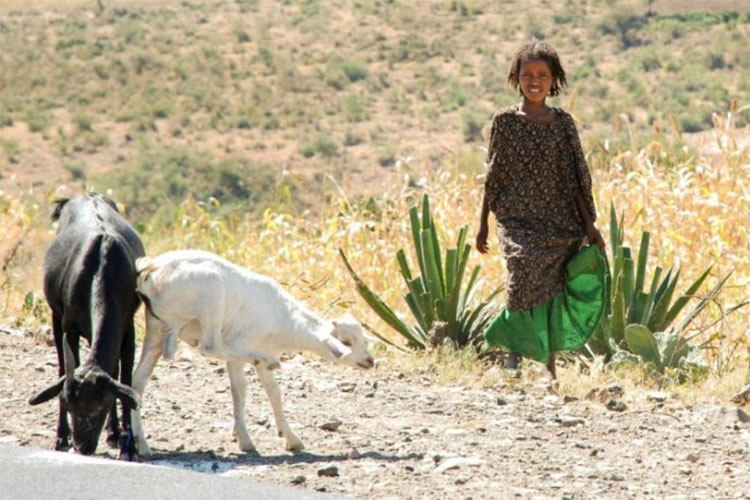Following an arduous (and hot) morning trip to check out the first of five water reservoirs being built in the Afar region of Ethiopia with support from The Can-Go Afar Foundation, the mission trip team spent the afternoon of Day Five heading even further afield, to an Afar village so remote it didn’t even have a name — and even less hope.
To call it a village would be a misnomer: this small settlement in the northern reaches of the Afar region was the farthest community removed from modern society that anybody on the CGA team could recall ever visiting. Living deep in the Great Rift Valley about 30 kms from Erta Ale lava lake, we came across a small community of Afar living on top of craggy expanse of rock.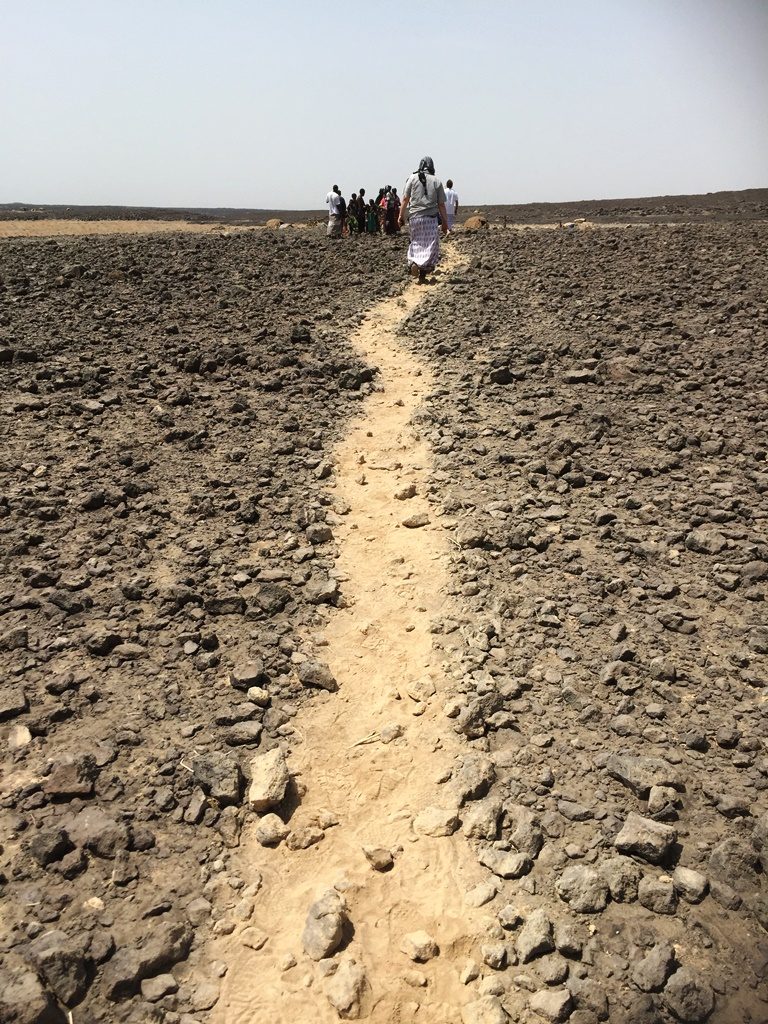 According to a clan elder, they came to this place from their home in neighbouring Eritrea three years ago after a volcano erupted, spewing ash and toxic gas that forced them south. Ever since they’ve been living in daboytas (traditional Afar huts) and homemade stone huts and surviving with the benefit of government help, which includes food aid and a water bladder that gets refilled every day.
According to a clan elder, they came to this place from their home in neighbouring Eritrea three years ago after a volcano erupted, spewing ash and toxic gas that forced them south. Ever since they’ve been living in daboytas (traditional Afar huts) and homemade stone huts and surviving with the benefit of government help, which includes food aid and a water bladder that gets refilled every day.
As if life wasn’t difficult enough, the recent drought dried up the nearby pond and killed most of their livestock – what was left had to be taken by local men to another location so they could graze. On that day, there were only two kids (baby goats) in sight and elders asked us to help them.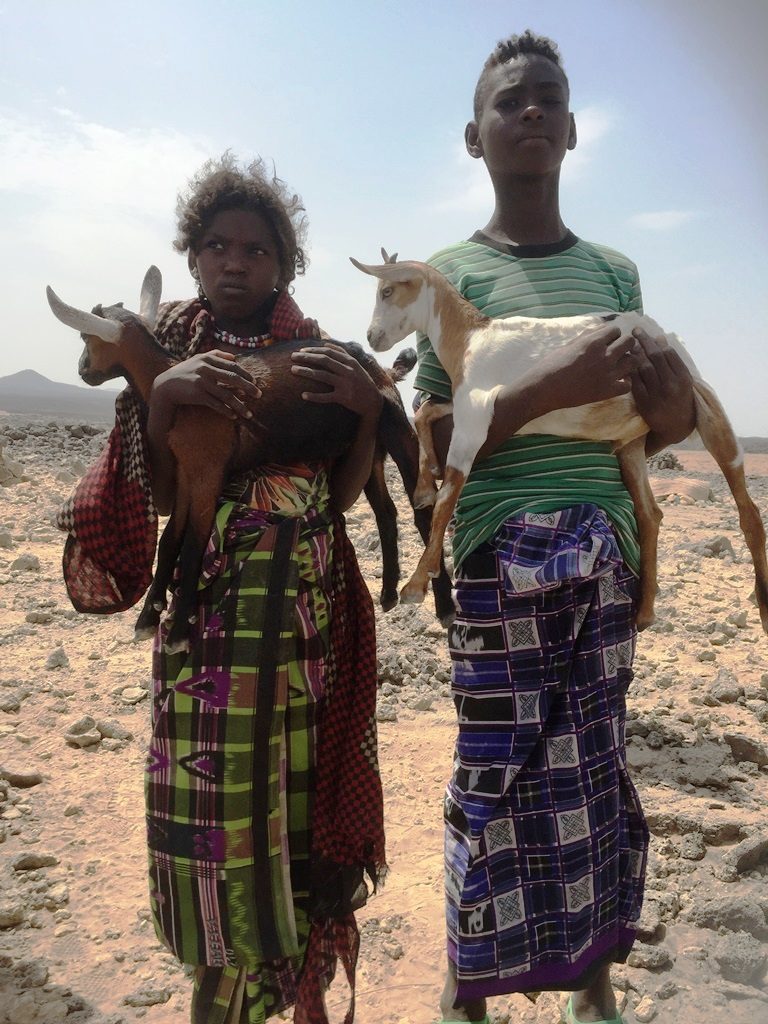 This situation, as hard as it was to witness, was a stark example of how critical livestock – specifically goats – are to the Afar way of life and continued existence.
This situation, as hard as it was to witness, was a stark example of how critical livestock – specifically goats – are to the Afar way of life and continued existence.
“It’s everything really.” says Valerie Browning with CGA partner the Afar Pastoralists Development Association (APDA). “[Goats] are the equivalent of your bank account, your grocery store, your water, your food. It’s all their assets.”
In Afar goats are so prized that they are given right-of-way by vehicles, and if a driver kills one he must reimburse the owner. We were even told that the quality of Afar goats is so renowned that millions are sold – legally and on the black market – to buyers in the Middle East.
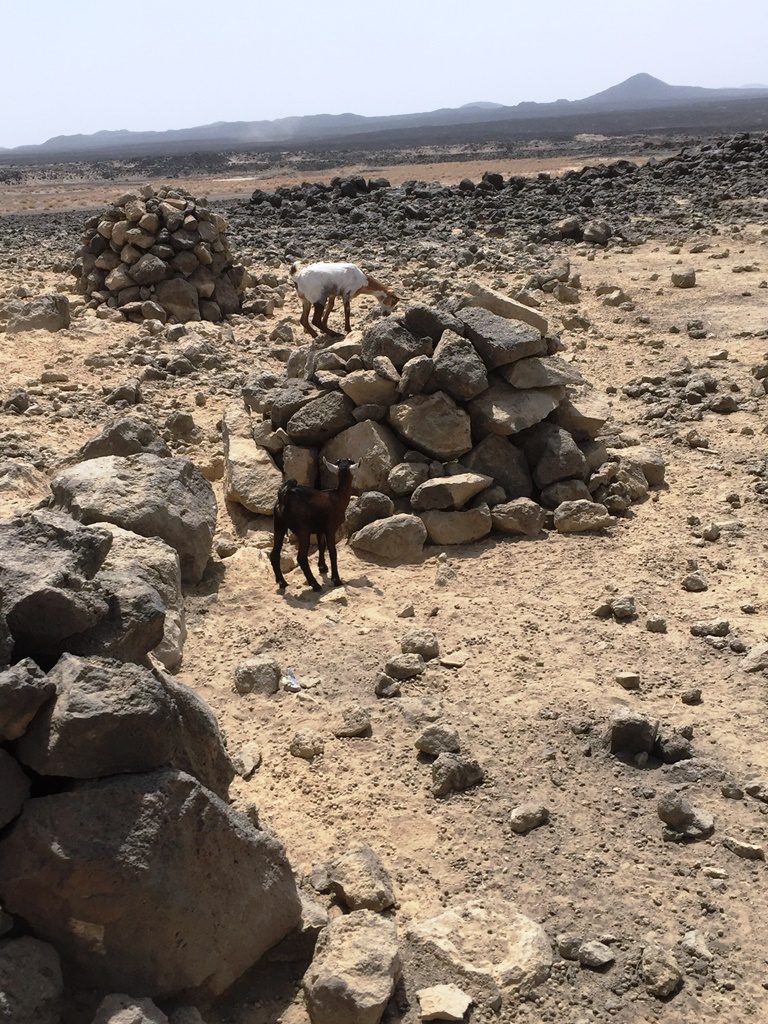 Given this, it shouldn’t come as surprise to learn that when an Afar household loses their herd it can threaten their very existence. Sometimes they are forced to cohabitate with relatives or other families, but that ends up placing stress on other Afar. The only solution, according o Valerie, is properly restocking lost Afar goats herds.
Given this, it shouldn’t come as surprise to learn that when an Afar household loses their herd it can threaten their very existence. Sometimes they are forced to cohabitate with relatives or other families, but that ends up placing stress on other Afar. The only solution, according o Valerie, is properly restocking lost Afar goats herds.
“This isn’t cheap” she says “you can’t just buy any raggedy old goat; it has to be a healthy one, one that can breed.”
A typical Afar household, which includes at least three generations, requires on average 10 goats; 9 female and 1 male. This allows them to breed and provides enough milk to go around, or sell. A healthy young goat costs on average 10,000 ETB (Ethiopian bihr) or $50 CDN (based on currency costs and market rates). An entire family can be restocked for $500 CDN.
“It’s like putting a family back on their feet” she says.
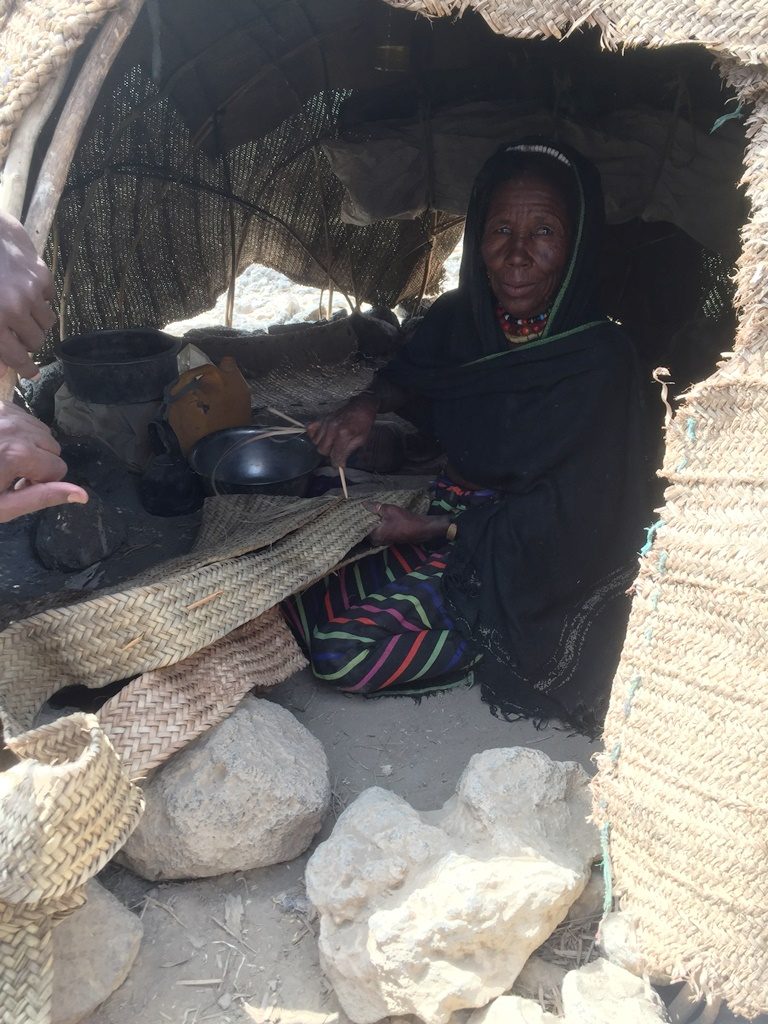
This is exactly why we launched The Can-Go Afar Livestock Challenge on GoFundMe.com. Knowing how valuable a goat or a sheep is to the ancient Afar way life, and that more than 2 million Afar animals were lost during the historic 2015/2016 drought in the Horn of Africa, we knew we could not wait until next year’s annual fundraiser to help.
With more than 200,000 Afar families currently in immediate need, The Can-Go Afar Livestock Challenge, our first ever crowdfunding campaign, is hoping to generate $50,000 to help restock up to 1,000 goats and sheep that perished during the drought: $50 buys a goat, $100 will buy a sheep, $500 buys enough goats for an Afar household of 12 people.
If we reach our goal, 100 of the neediest Afar households will receive a full complement of livestock and will be returned to their pre-drought conditions.
It couldn’t be simpler: Buy a goat (or a sheep), save a life.
 In the week days since we launched the Livestock Challenge on CBC Radio we have generated $5,400 which is more than 10% of our goal. This is a great start, and we thank all of our supporters — but we need to keep the momentum going if we want to make a real and effective change for the better.
In the week days since we launched the Livestock Challenge on CBC Radio we have generated $5,400 which is more than 10% of our goal. This is a great start, and we thank all of our supporters — but we need to keep the momentum going if we want to make a real and effective change for the better.
We encourage you to check out our project at GoFundMe.com/CanGoAfar and pledge to help the Afar — the oldest indigenous tribe on earth — get back on their feet.
If you are a previous Can-Go Afar supporter, and would prefer to donate in more traditional way please go to go to our PayPal page or fill out our Donation Form on our website.
If you have already donated, please send this link to The Can-Go Afar Livestock Challenge (www.GoFundMe.com/cangoafar) with your family and friends. And please share it on social media, Facebook, Twitter, etc.
You can also stay-up-to-date on our Facebook and Twitter pages, where we are posting photos daily.
Thanks, Inshalla, and Gaaxa Key from Afar!
